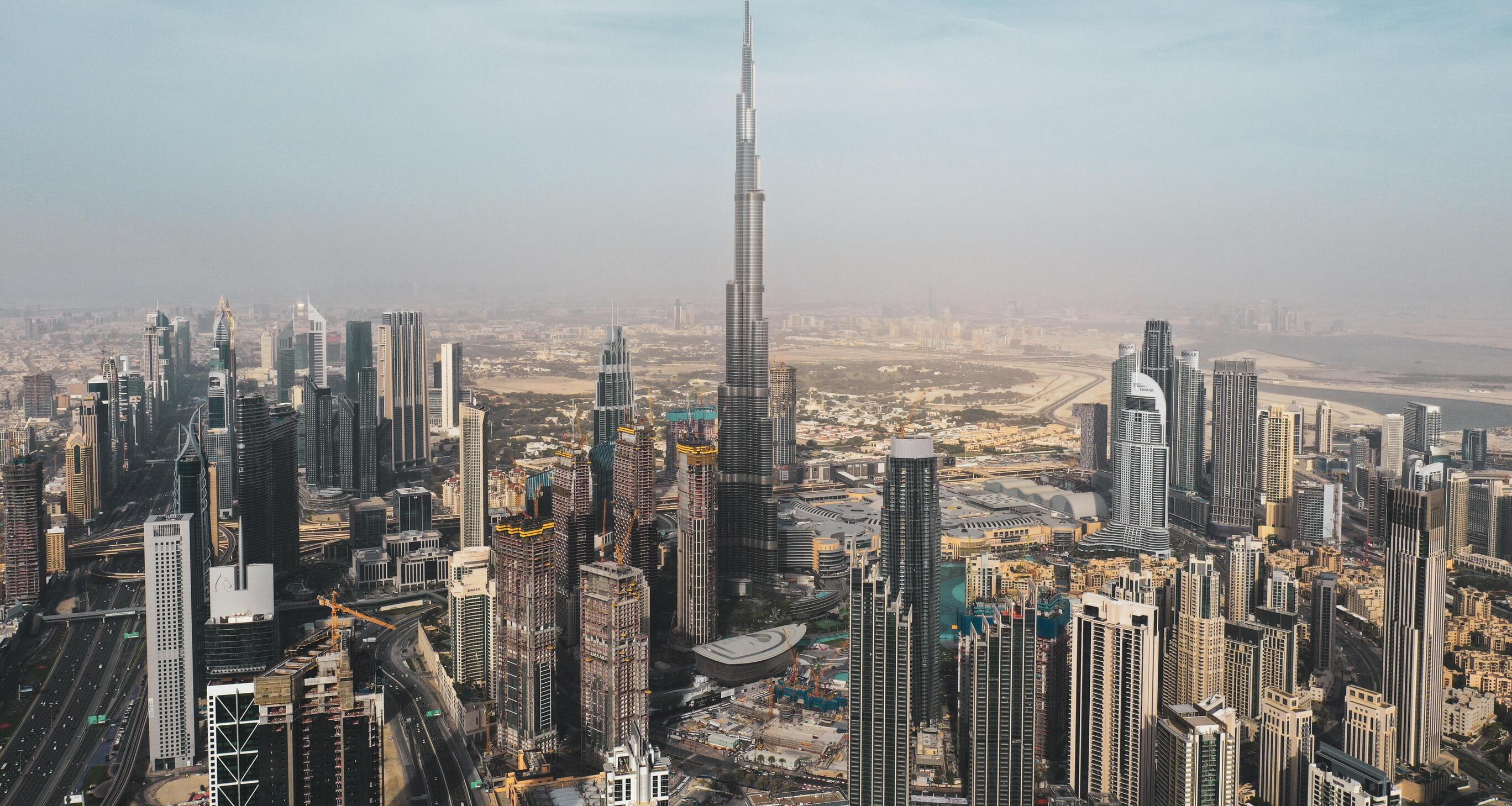

The COVID-19 pandemic has brought unprecedented challenges to many industries, including the real estate market. Dubai, one of the world's most vibrant real estate markets, has also experienced significant impacts due to the pandemic. In this article, we will explore the effects of COVID-19 on the Dubai real estate market, including changes in property prices, rental rates, demand, and supply.
Dubai's real estate market is known for its volatility, with prices subject to sudden fluctuations. Before the pandemic, the market was showing signs of stabilizing, with prices starting to plateau. However, the pandemic has disrupted this trend, with property prices falling across the board. In the first half of 2020, property prices fell by an average of 11.7% compared to the same period in 2019. The most significant drop was seen in the luxury property segment, where prices fell by 14.5%.
Several factors have contributed to the decline in property prices. The pandemic has led to a reduction in demand for properties, with many buyers holding back due to economic uncertainty. Additionally, the supply of properties has increased, with several new projects completed or nearing completion. The oversupply of properties has put downward pressure on prices.
Despite the decline in property prices, there are signs of recovery in the market. In the second half of 2020, property prices started to stabilize, with some segments of the market seeing modest price increases. As of early 2021, the market is showing signs of recovery, with prices expected to continue to rise.
Dubai's real estate market has a large rental segment, with many properties leased out to tenants. Before the pandemic, rental rates were showing signs of stability, with rates remaining relatively constant over the past few years. However, the pandemic has disrupted this trend, with rental rates falling across the board.
In the first half of 2020, rental rates fell by an average of 10.4% compared to the same period in 2019. The most significant drop was seen in the high-end rental segment, where rates fell by 16.1%. The decline in rental rates can be attributed to several factors, including a reduction in demand due to economic uncertainty, an increase in supply as new projects are completed, and a shift in tenant preferences towards more affordable properties.
The decline in rental rates has created opportunities for tenants to negotiate better deals with landlords. Landlords have also had to become more flexible in their rental terms, offering discounts, and other incentives to attract tenants.
Dubai's real estate market has traditionally been driven by strong demand, with investors and end-users flocking to the city for its high-quality properties, attractive lifestyle, and favorable tax environment. However, the pandemic has reduced demand significantly, with many investors and end-users holding back due to economic uncertainty and travel restrictions.
In the first half of 2020, property transactions fell by 38.3% compared to the same period in 2019. The most significant drop was seen in the off-plan property segment, where transactions fell by 52.6%. The decline in demand has put pressure on developers, who have had to delay or cancel several new projects.
However, there are signs of recovery in the market, with demand expected to pick up in the coming months. The Dubai government has introduced several stimulus packages to boost the real estate market, including reducing transaction fees and offering residency visas to certain investors. Additionally, with the rollout of vaccines, travel restrictions are expected to ease, leading to an increase in demand from international buyers.
Dubai's real estate market has seen a significant increase in supply in recent years, with several new projects completed or nearing completion. Before the pandemic, the oversupply of properties was a concern for developers and investors, with fears of a property market crash. However, the pandemic has exacerbated the oversupply issue, with new projects completed during the pandemic facing difficulty finding buyers or tenants.
In the first half of 2020, the total stock of residential properties increased by 6.1% compared to the same period in 2019. The most significant increase was seen in the off-plan property segment, where the stock increased by 20.5%. The oversupply of properties has put downward pressure on prices and rental rates, making it challenging for developers to sell or lease their properties.
Despite the oversupply issue, there are opportunities for developers who can differentiate their projects from the competition. Developers who focus on affordable properties, green spaces, and technology-driven designs are likely to be more successful in the current market.
The Dubai government has taken proactive measures to mitigate the impact of the pandemic on the real estate market. In March 2020, the government announced a stimulus package worth AED 1.5 billion to support the real estate sector, including reducing transaction fees and offering residency visas to certain investors.
In addition to the stimulus package, the Dubai Land Department (DLD) has introduced several initiatives to support the market, including virtual property tours and online auctions. The DLD has also introduced new regulations to protect buyers and investors, including a new rental dispute settlement center.
Looking forward, the Dubai government has ambitious plans for the real estate market, including the Expo 2020 event, which is expected to attract millions of visitors to the city. The government is also investing heavily in infrastructure projects, such as the expansion of the Dubai Metro and the development of new tourist attractions. These initiatives are expected to boost demand for real estate in the city in the long term.
Despite the challenges facing Dubai's real estate market, there are also several opportunities for developers and investors. One of the main opportunities is the government's focus on affordable housing, which has the potential to attract a new segment of buyers and tenants. Developers who focus on green spaces and sustainable designs are also likely to be more successful in the current market.
However, there are also several challenges that developers and investors need to be aware of. One of the main challenges is the oversupply issue, which is expected to persist in the short to medium term. Developers need to be strategic in their approach to new projects and focus on meeting the changing demands of buyers and tenants.
Another challenge is the impact of remote work on tenant preferences. With many people working from home, there is a greater demand for properties with larger living spaces and home office facilities. Developers who can incorporate these features into their designs are likely to be more successful in the current market.
Overall, while the COVID-19 pandemic has had a significant impact on Dubai's real estate market, there are also opportunities for developers and investors who are willing to adapt to the changing market conditions. By focusing on affordability, sustainability, and technology-driven designs, developers can position themselves for success in the long term.
The COVID-19 pandemic has had a significant impact on Dubai's real estate market, with declining rental rates, reduced demand, and an oversupply of properties. The pandemic has also led to a slowdown in construction activities, delays in project completions, and a shift in investor priorities.
Rental rates have fallen in Dubai due to a combination of factors, including a decrease in demand for rental properties, an oversupply of properties, and the impact of remote work on tenant preferences. The pandemic has also led to an increase in tenant bargaining power, with many tenants negotiating lower rental rates and more flexible lease terms.
The pandemic has led to a decline in demand for real estate in Dubai, with fewer people visiting the city and many investors adopting a wait-and-see approach. The pandemic has also led to a shift in investor priorities, with a greater focus on affordable properties, green spaces, and technology-driven designs.
The oversupply issue in Dubai's real estate market refers to the excess supply of properties in the market compared to the demand for them. This has led to a decline in property prices and rental rates, as developers compete to attract buyers and tenants. The oversupply issue is primarily a result of the rapid construction of properties in Dubai in recent years.
The Dubai government has introduced several measures to support the real estate sector during the pandemic, including stimulus packages, fee waivers, and the introduction of long-term residency visas for investors. The government has also implemented a series of infrastructure and tourism projects aimed at boosting demand for real estate in the city in the long term.
The COVID-19 pandemic has had a significant impact on Dubai's real estate market, with declining rental rates, reduced demand, and an oversupply of properties. However, there are signs of recovery in the market, with the Dubai government introducing several stimulus packages to support the sector and the rollout of vaccines expected to ease travel restrictions and boost demand.
Developers who focus on affordable properties, green spaces, and technology-driven designs are likely to be more successful in the current market. The government's ambitious plans for infrastructure and tourism projects are expected to provide further opportunities for the real estate sector in the long term.
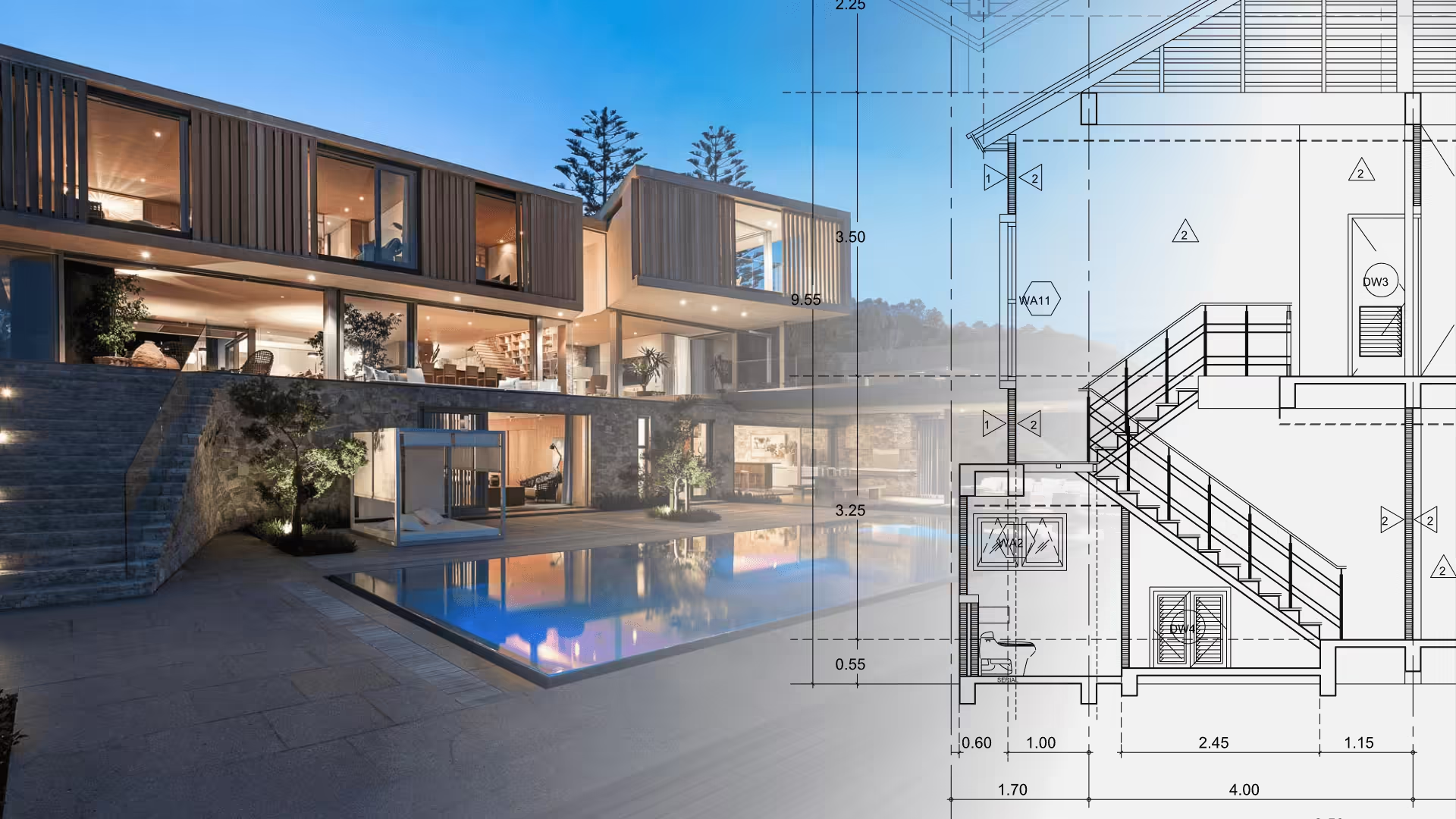

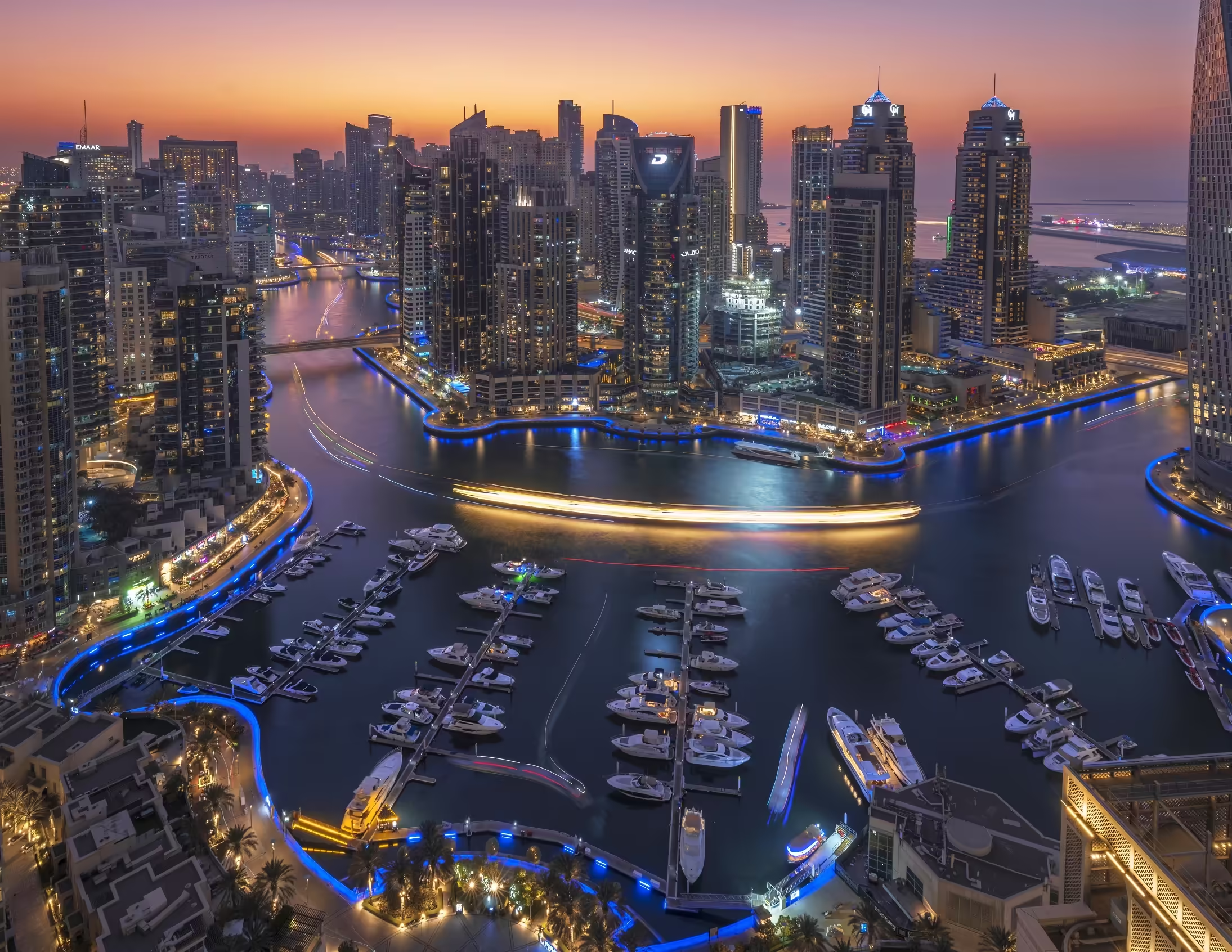

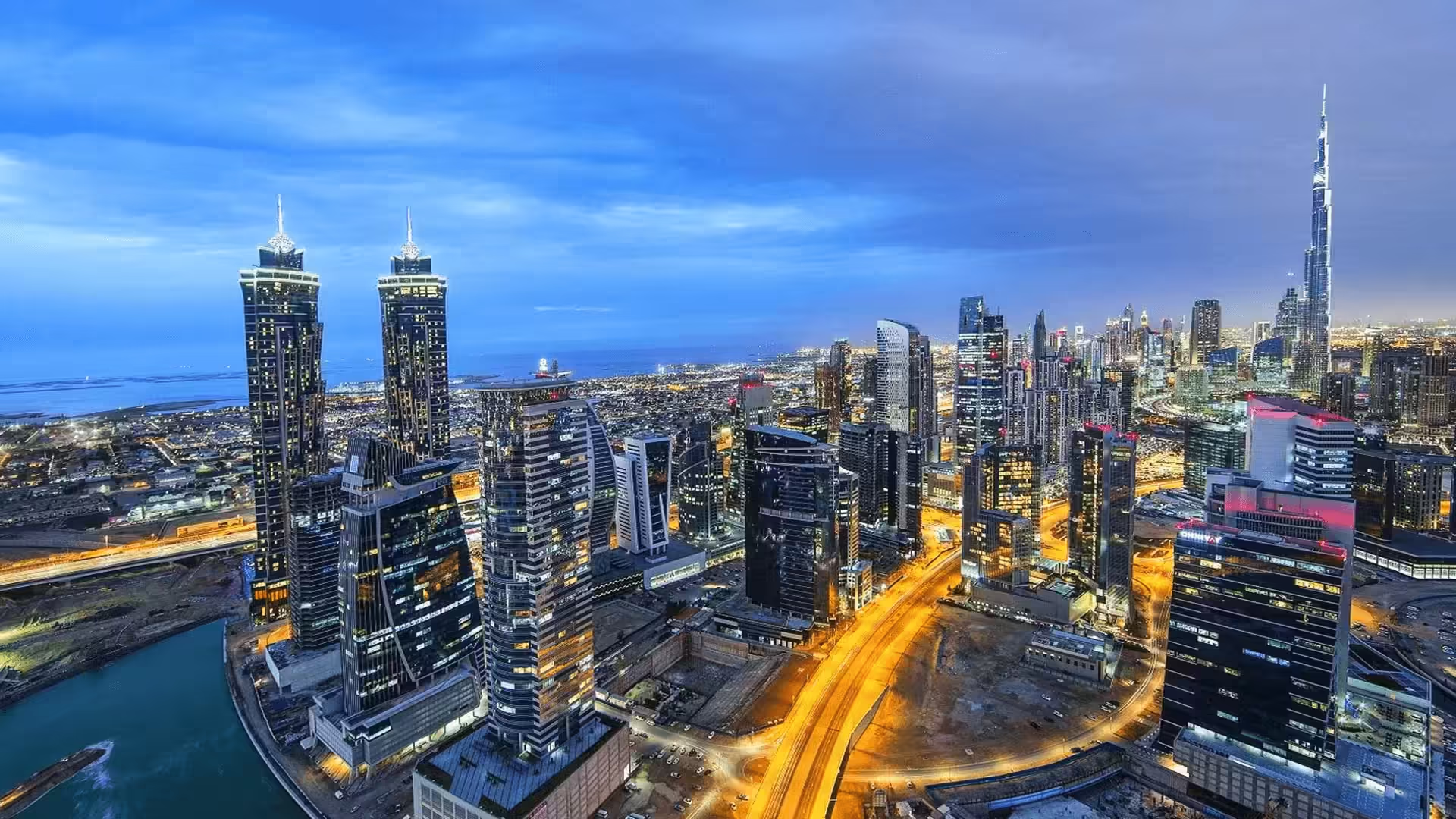
From Browsing to Buying: Your Journey to Property Ownership Starts Now!
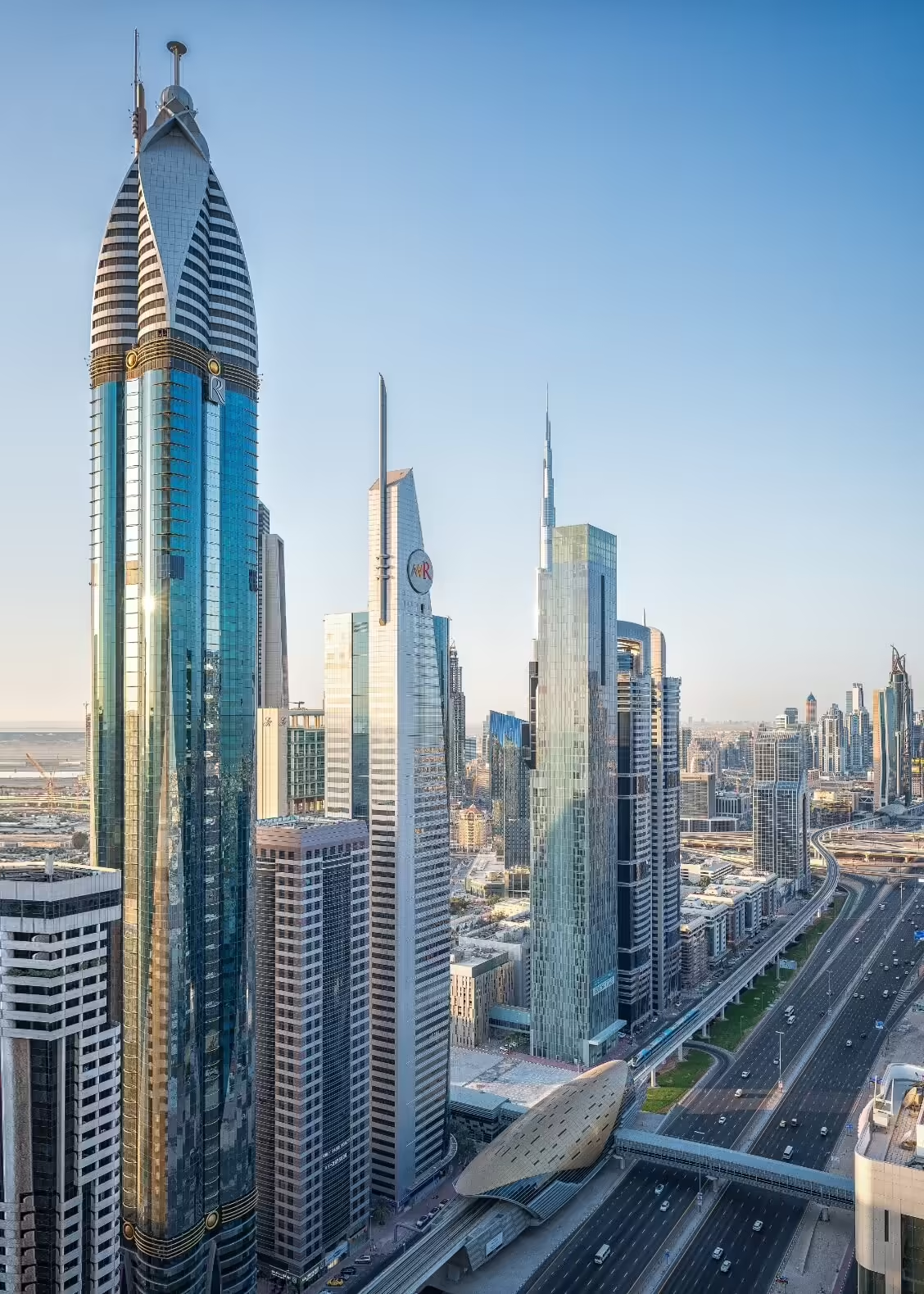

Your gateway to offline planning in the digital realm. Discover a world of real estate opportunities through our immersive offline property website experience
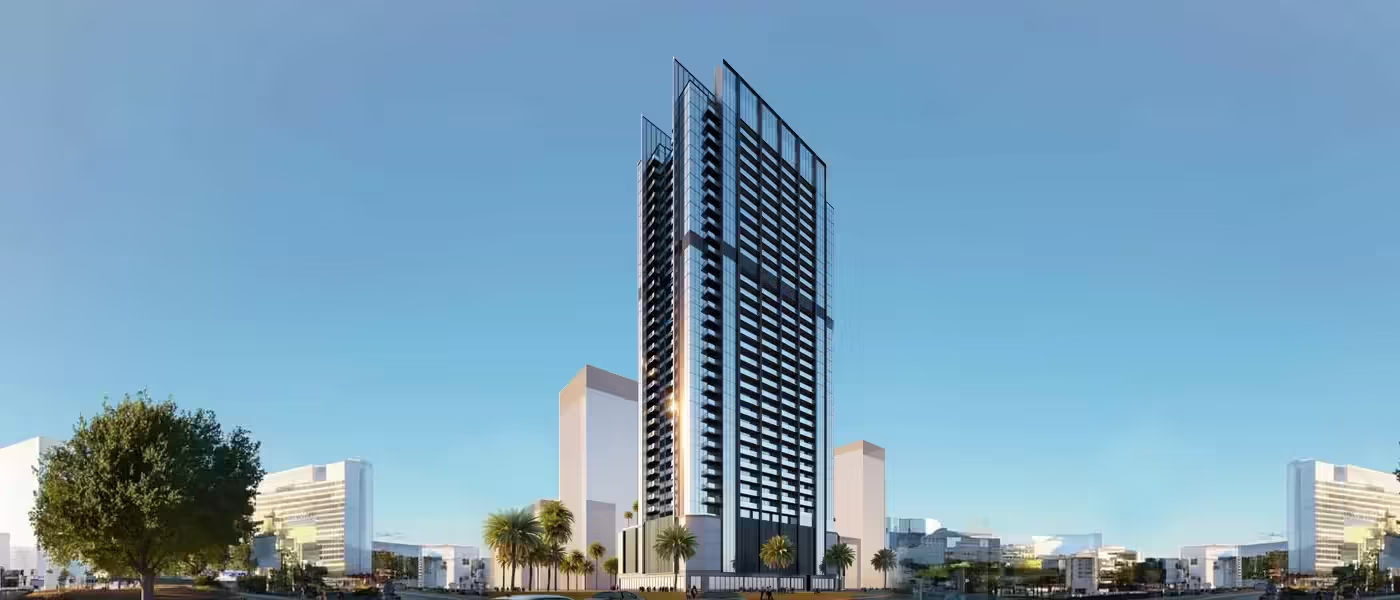
Apartments
Studios
AED Coming soon
Dubailand
Studio, 1, 2
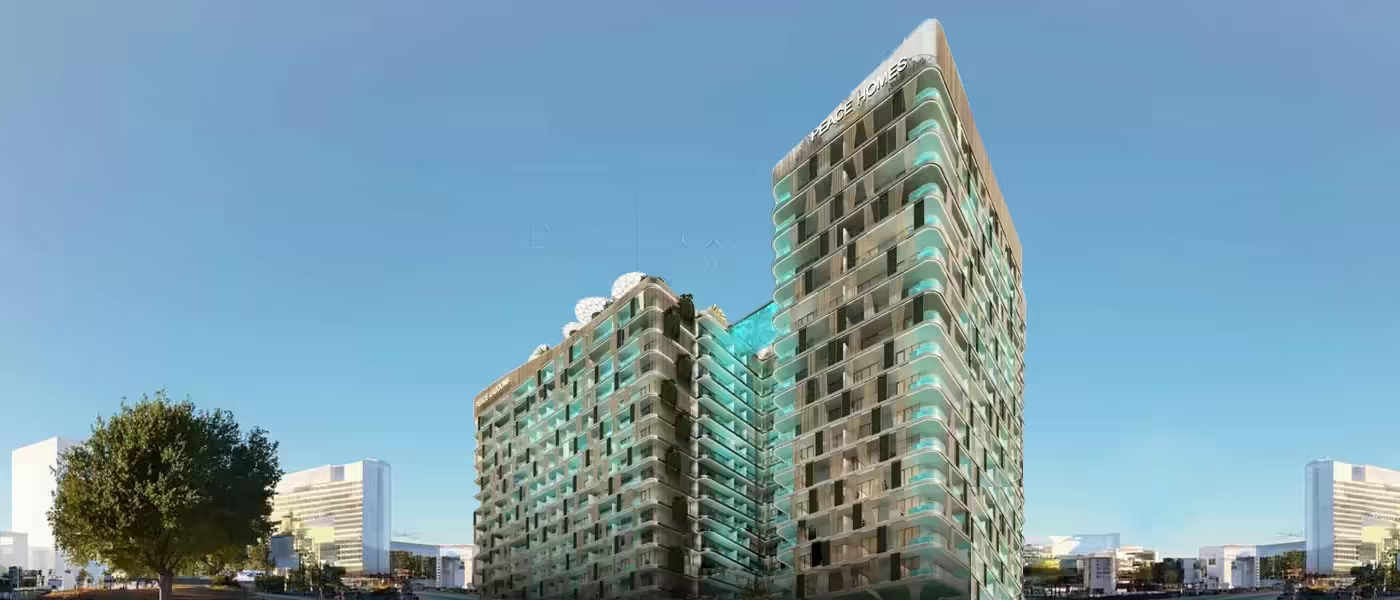
Apartments
Studios
AED 650,000
Dubailand
Studio, 1, 2
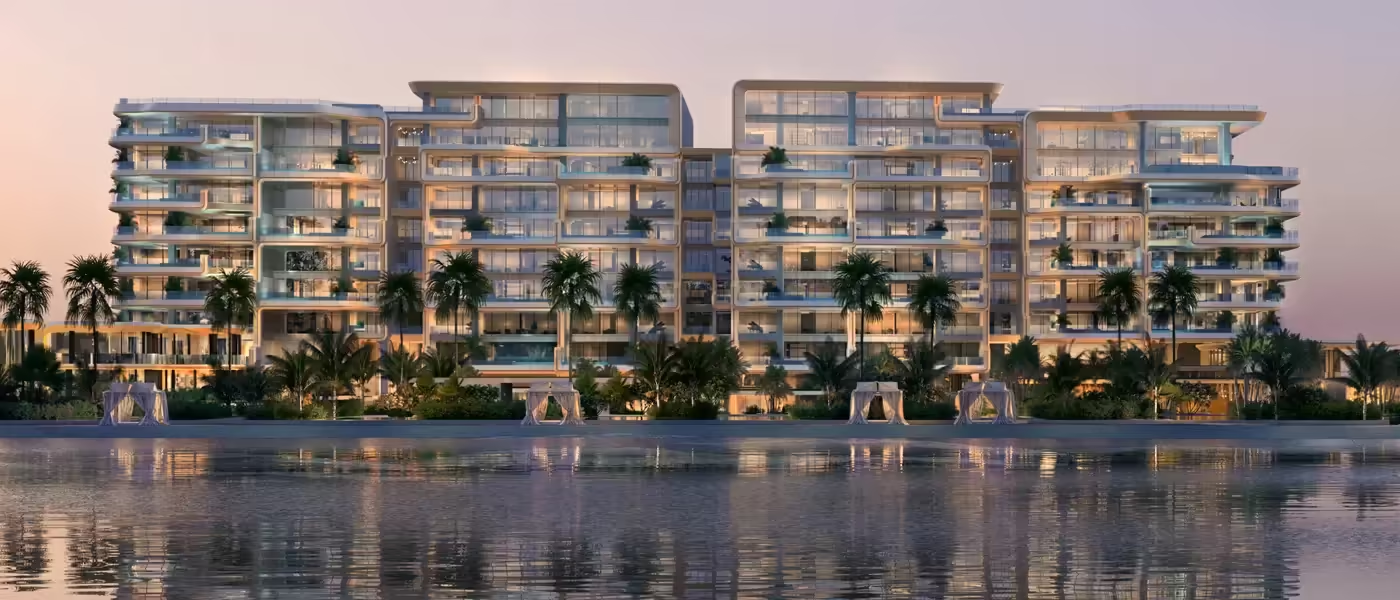
Apartments
Penthouses
AED 43,300,000
Palm Jumeirah
3, 4
5200 - 42900 Sq Ft

Townhouses
AED 3,150,000
Emaar South
3, 4
1811 - 5487 Sq Ft
Apartments
AED Coming soon
Town Square Dubai
Apartments
AED Coming soon
Town Square Dubai

Apartments
Studios
AED Coming soon
Dubailand
Studio, 1, 2

Apartments
Studios
AED 650,000
Dubailand
Studio, 1, 2

Apartments
Penthouses
AED 43,300,000
Palm Jumeirah
3, 4
5200 - 42900 Sq Ft
Apartments
AED Coming soon
Town Square Dubai
Apartments
AED Coming soon
Town Square Dubai
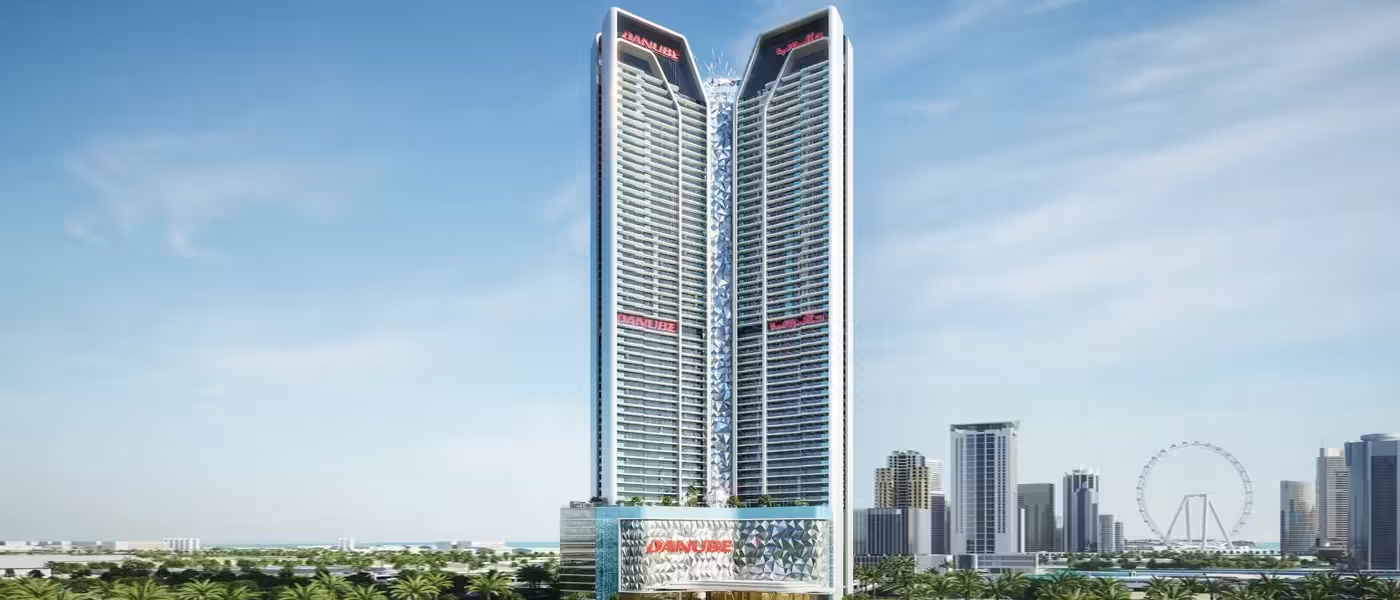
Apartments
AED 1,100,000
Jumeirah Lake Towers
Studio, 1, 2, 3, 4
407 - 1973 Sq Ft

Apartments
Penthouses
Duplexes
AED 625,000
Jumeirah Village Circle
Studio, 1, 2, 3, 4
356 - 3845 Sq Ft

Apartments
Duplexes
Studios
AED 860,000
Jumeirah Village Circle
Studio, 1, 2
470 - 4416 Sq Ft

Apartments
Duplexes
Studios
AED 1,700,000
Downtown Dubai
Studio, 1, 2, 3
567 - 3005 Sq Ft

Apartments
Duplexes
AED 330,000
Jumeirah Village Circle
Studio, 1-3 BR

Apartments
Penthouses
Duplexes
AED Coming soon
Dubai Islands
1, 2, 3, 4

Penthouses
Duplexes
AED 59,000,000
Jumeirah
5, 6, 7
9500 - 19800 Sq Ft

Villas
Mansions
AED 14,000,000
District 11
4, 5, 6
6545 - 16085 Sq Ft

Villas
Mansions
AED 25,000,000
Tilal Al Ghaf
6, 7
11730 - 12720 Sq Ft

Villas
Mansions
AED 7,500,000
Mohammed bin Rashid City
4, 5, 6, 7
6858 - 22969 Sq Ft

Villas
Townhouses
Mansions
AED 3,999,000
Jumeirah Golf Estates
3, 4, 5, 6
3160 - 15089 Sq Ft

Mansions
AED 18,500,000
Tilal Al Ghaf
5, 6
10344 - 17994 Sq Ft

Apartments
Penthouses
AED 43,300,000
Palm Jumeirah
3, 4
5200 - 42900 Sq Ft

Apartments
Penthouses
AED 1,700,000
Mohammed bin Rashid City
1, 2, 4
597 - 3700 Sq Ft

Apartments
Penthouses
Duplexes
AED 625,000
Jumeirah Village Circle
Studio, 1, 2, 3, 4
356 - 3845 Sq Ft

Apartments
Penthouses
AED Coming soon
Dubai Marina
1, 2, 3, 4

Apartments
Penthouses
AED 588,000
Jumeirah Village Circle
Studio, 1, 2, 3, 4
430 - 5000 Sq Ft

Apartments
Penthouses
AED 1,800,888
Zabeel
1, 2, 3, 4
736 - 5275 Sq Ft

Apartments
Studios
AED Coming soon
Dubailand
Studio, 1, 2

Apartments
Studios
AED 650,000
Dubailand
Studio, 1, 2
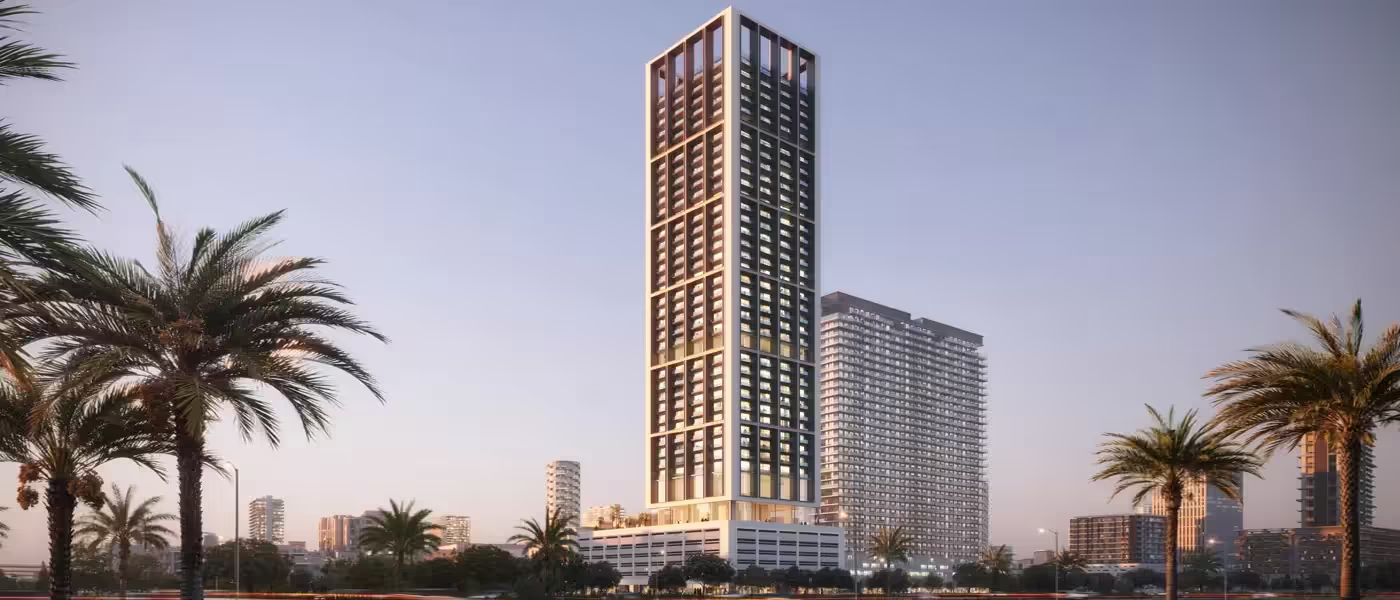
Apartments
Studios
AED 649,999
Jumeirah Village Circle
Studio, 1
344 - 915 Sq Ft
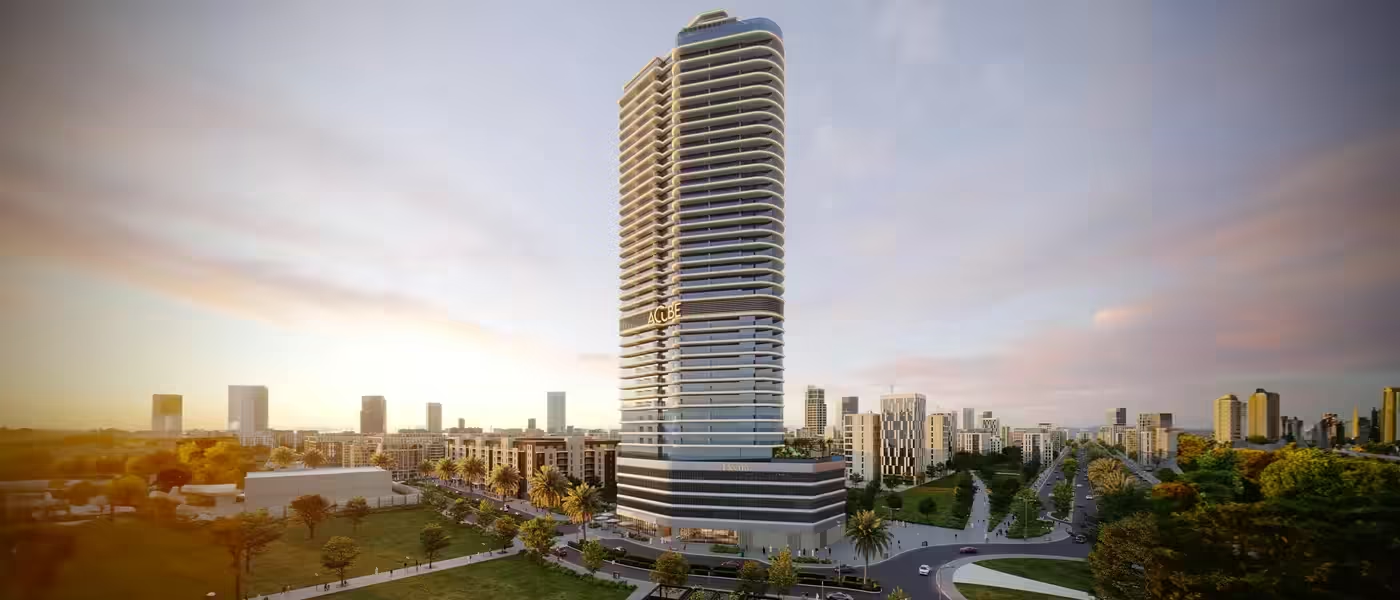
Apartments
Studios
AED 766,314
Jumeirah Village Circle
Studio, 1, 2, 3
414 - 1687 Sq Ft

Apartments
Studios
AED 625,000
Wasl Gate
Studio, 1, 2
394 - 993 Sq Ft

Apartments
Studios
AED 674,999
Jumeirah Village Circle
Studio, 1, 2
419 - 1194 Sq Ft

Townhouses
AED 3,150,000
Emaar South
3, 4
1811 - 5487 Sq Ft
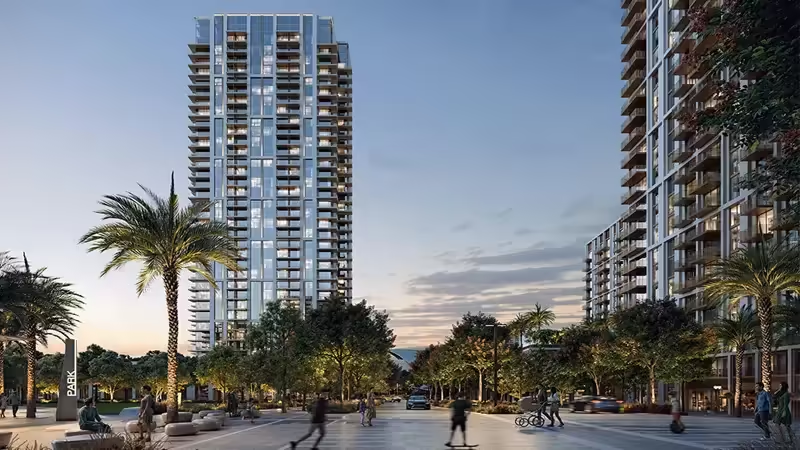
Apartments
Townhouses
AED 1,800,000
Dubai Creek Harbour
1, 2, 3
752 - 2048 Sq Ft
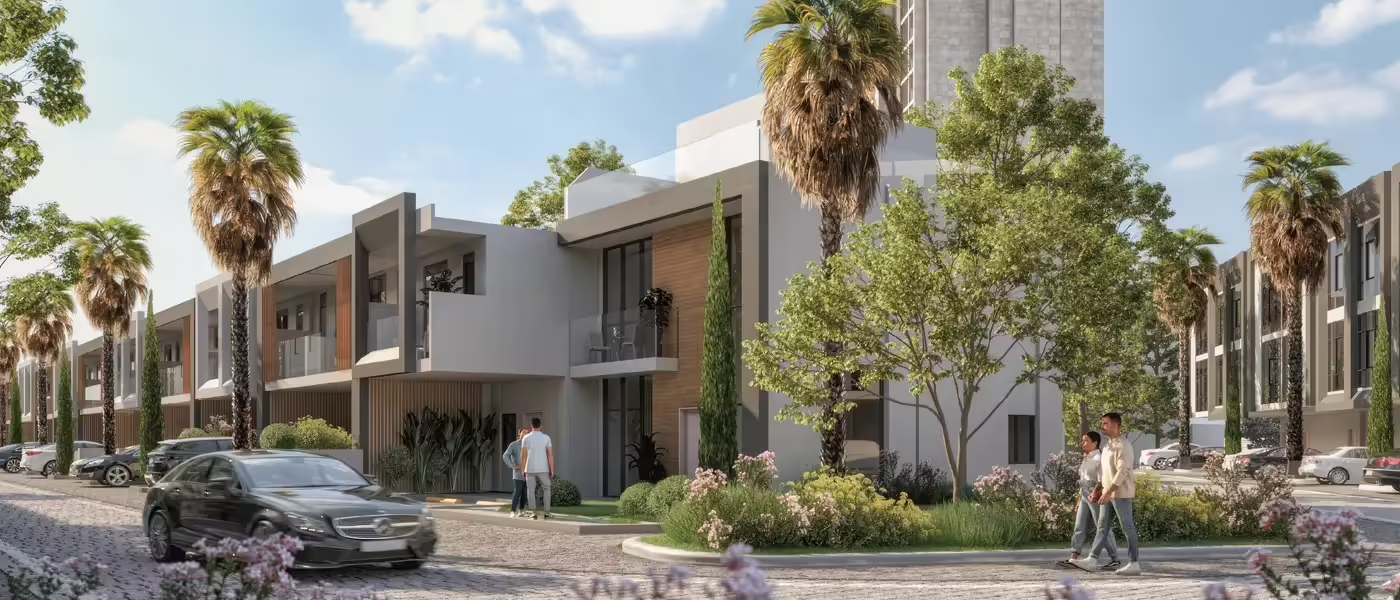
Apartments
Townhouses
AED 456,660
Dubai Investments Park
Studio, 1, 2, 3, 4
363 - 2615 Sq Ft
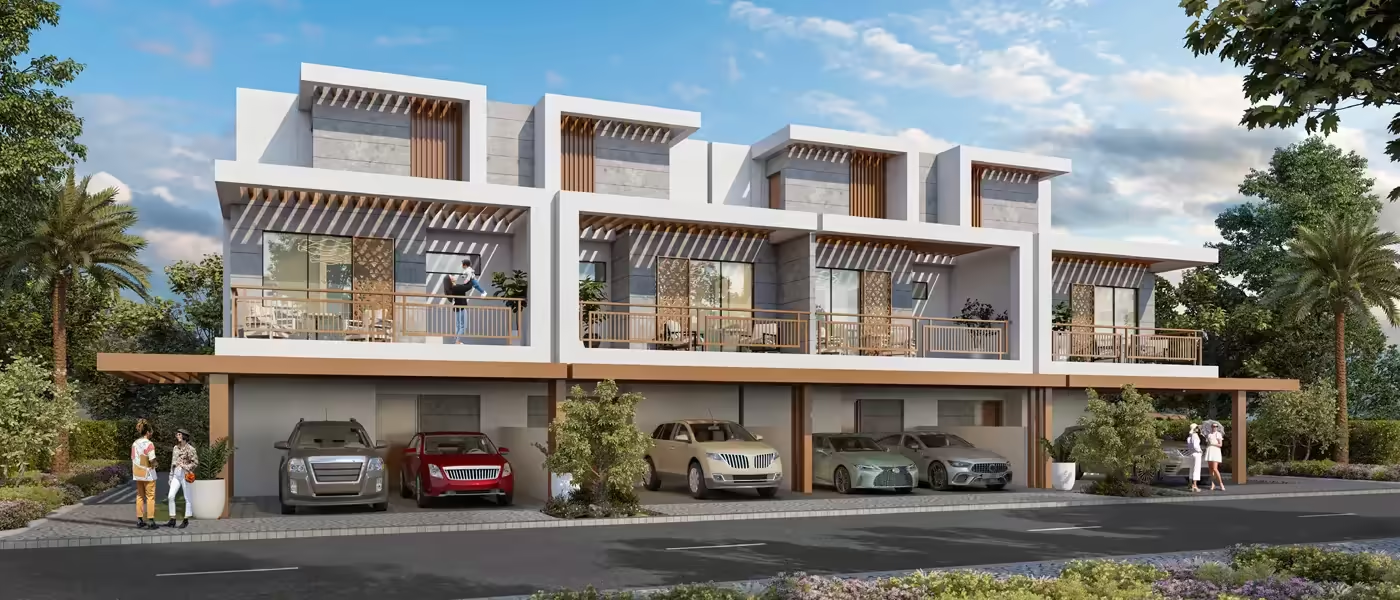
Townhouses
AED 1,830,000
Damac Hills 2
4
2352 - 2415 Sq Ft

Townhouses
AED 2,000,000
The Valley
3, 4
2132 - 2777 Sq Ft
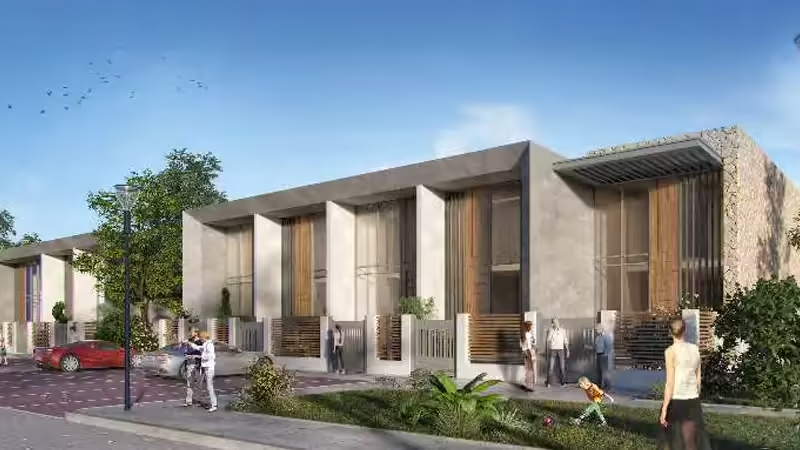
Townhouses
AED Coming soon
Dubailand
1, 2, 3, 4, 5

Villas
AED 15,800,000
The Oasis
5, 6
11000 - 12967 Sq Ft

Villas
AED 5,100,000
Damac hills
4, 5, 6, 7

Villas
AED 4,390,000
Emaar South
4, 5
4036 - 4773 Sq Ft

Villas
AED 4,000,000
Dubai Islands
3, 4, 5
3401 - 6399 Sq Ft

Villas
Mansions
AED 14,000,000
District 11
4, 5, 6
6545 - 16085 Sq Ft

Villas
AED Coming soon
Mohammed bin Rashid City
4, 5, 6
6888 - 11238 Sq Ft
Subscribe to our Daily, Weekly and Monthly Newsletters, Expert Advice and Latest Launch with Zero Spam, Unsubscribe Anytime.